Abstract
April 22-28, 2018 is Medical Laboratory Professionals Week (#MLPW) in the United States. This week provides the profession with a unique opportunity to increase public understanding of and appreciation for clinical laboratory personnel. MLPW is coordinated by a collaborative committee with representatives from 17 national clinical laboratory organizations, including the American Society for Clinical Laboratory Science (ASCLS). Now in its 43rd year, it is important to reflect on the important history of MLPW. This year we are encouraging patients and professionals to tell us how a medical laboratory professional has impacted patient care in the laboratory? “The Road to Understanding Campaign” was developed by the ASCLS Promotion of the Profession Committee and aims to share these stories and encourage other laboratory professionals to be strong patient advocates. Here is the story of the Stigall family, and their experience with a Medical Laboratory Professional.
Main Article
The Medical (Clinical) Laboratory is not a field we would have ever categorized as high profile until out of necessity we met Dr. Rodney E. Rohde. His unwavering desire to save lives through the application of this expertise is not merely a subject he has written articles on or spoken about, it is in fact, how he leads his interactions as evidenced by our story.
There are approximately 30,000 people in the United States living with a chronic illness for which there is currently no cure, called Cystic Fibrosis (CF). Our daughter, Regan is one of them. My husband Todd and I have always believed that education is paramount to navigate any challenge but nothing prepares you for holding your 5-month-old daughter, Regan and hearing doctors discuss life expectancy. That was 18 years ago. Among many things, through this on-going journey, we have gained invaluable first-hand experience, the kind that is not detailed in any parent manual nor familiar enough to rely on cultivated education. As issues come up, we seek out information specific to the topic. Ultimately, we are responsible for our daughter’s well-being. The challenge is how to figure out what to ask and to whom because comprehending the many facets of a complex multi-organ disease like CF is an impossible task without a medical background.
The convenience of living near the Houston Medical Center meant we had access to one of the finest children’s hospitals and even more specific, a large CF center. Even considering our geographical advantage, we quickly discovered that our healthcare system while truly fantastic, it is far from perfect. When Regan was 12, we accidently found out she was infected with methicillin resistant Staphylococcus aureus (MRSA) while discussing a possible antibiotic prescription. MRSA is an antibiotic-resistant microbe linked to healthcare-associated infections (HAIs) or to community-associated infections. We also discovered that there was no effective protocol for the treatment of MRSA in Cystic Fibrosis patients. Shocked, we had many questions, but were unsatisfied with the responses. We reached out to several clinical laboratory experts for better answers. Of particular interest was the diagnostic methodology for bacteria. We were not seeking medical advice, and we needed information in order to confidently contribute to the decision-making process on how to best treat our daughter. We took lead to advocate for positive change, as our views, and more importantly, our timeline, were much different from the medical staff.
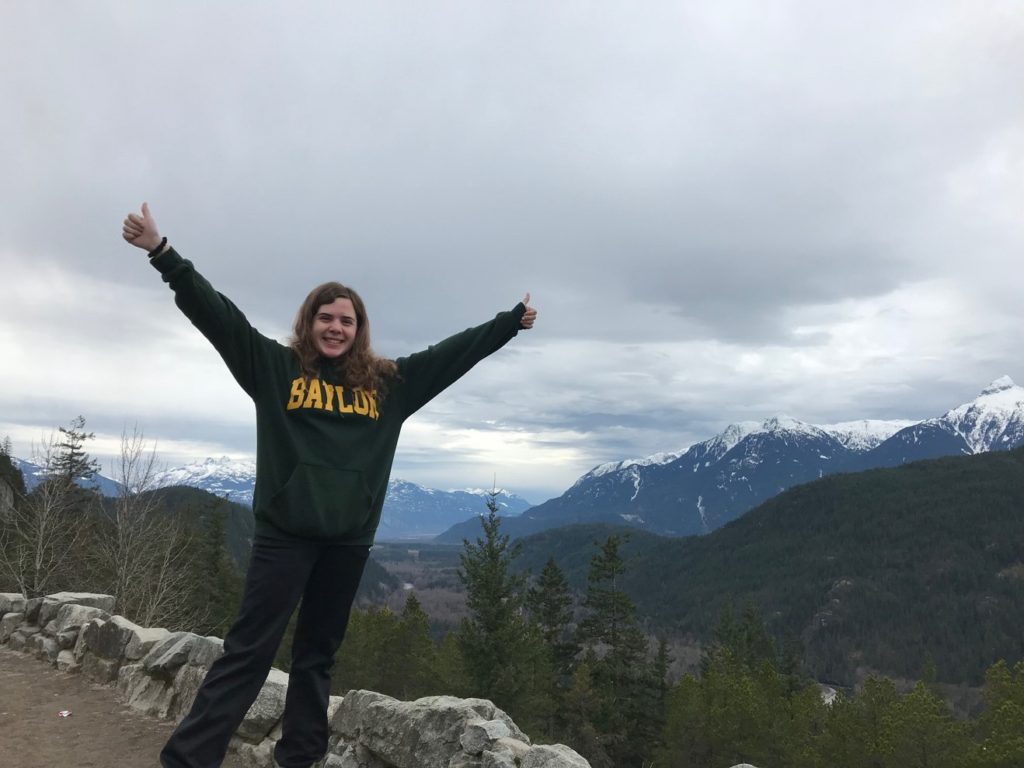
Dr. Rohde not only returned our call, but also was instrumental in assisting us to better understand what we were facing. He did not have to speak with us. He did not have to take the time to help, as it is not part of his job description. However, he has and continues to this day to offer assistance. We were somewhat surprised because we had not experienced this depth of concern and passion when asking others about Regan’s medical laboratory testing and results. His patience in explaining an extremely complicated subject to non-scientific professionals should not go unnoticed. There are simply not enough words to express our sincere gratitude! For our family, his expertise in clinical laboratory diagnosis and willingness to share his knowledge with us, provided the foundation to our daughter’s medical treatment. We had no other way to learn of the different diagnostic mechanisms, which proved to be extremely important in identifying potentially these life-threatening bacteria.
It was immediately clear to our medical team that our questions were too precise. They were astounded to find out these medical laboratory professionals, like Dr. Rohde, would take the time to speak with us. Without Dr. Rohde’s help, we would not have been in a position to ask the right questions, to advocate for the best diagnostic methods available, to know what the options are for our daughter, or even know where to begin!
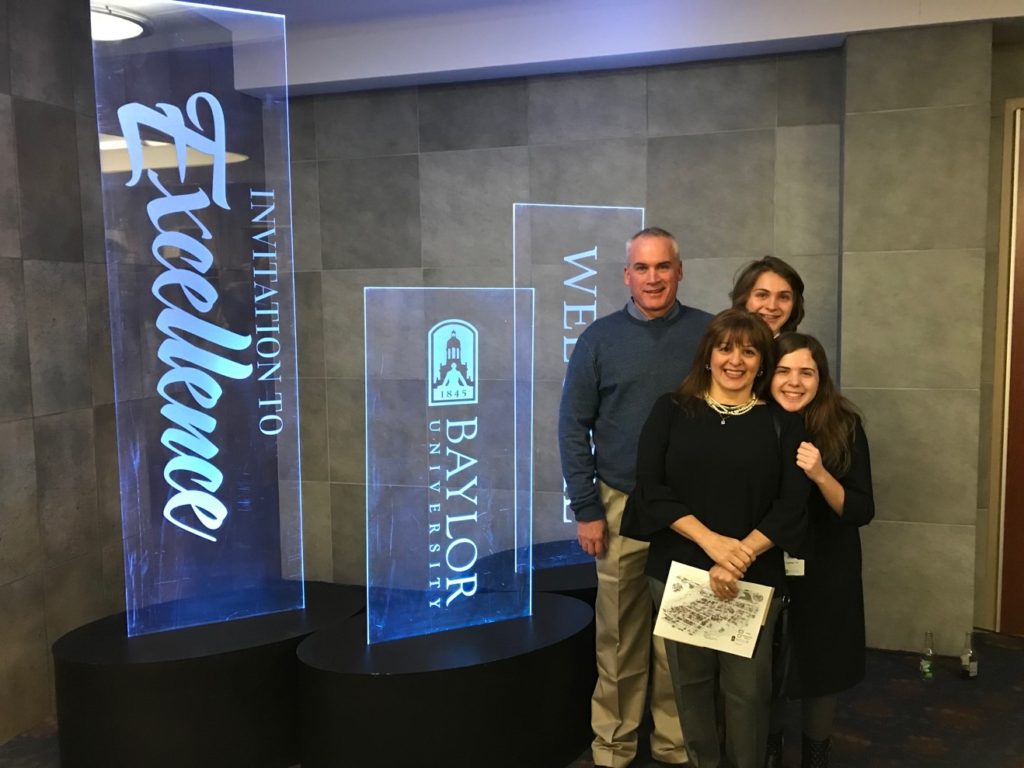
We share this with you, as we are certain that we are but one example of one case where the field of clinical laboratory played an indispensable role. This was our experience, but we know there are countless other applications. These are not numbers being measured, but rather they are people’s lives. Today, our daughter Regan’s quality of life is just like any other teenager. She is graduating with a 6.874, is 14th out of 854 and headed to Baylor where she’s been accepted into the Honors College and the BIC program (Baylor Interdisciplinary Core). She is very involved in Sea Scouts, and between a rigorous school schedule with 7 AP classes, she still manages to fit in her many hours of daily airway clearance treatments. We felt strongly that at least our story should be shared. We hope that you will share yours!
Post Commentary by Dr. Rodney E. Rohde
I am a medical laboratory professional. More specifically, I am an infectious disease microbiologist with specializations in virology, microbiology, and molecular diagnostics. For almost two decades, I have worked in the realms of public health and academia – diagnosing, teaching, and conducting research. Most of us in the medical / clinical laboratory love our work. We provide up to 75% of the medical laboratory data needed by a physician or others to make a diagnosis. Most in the general public do not know about our amazing career and how we save lives every day. [1-4]
Around 2005, after switching careers from public health to academia, I conducted one of my first MRSA studies in a correctional care facility. [5] Soon after, someone from the public contacted me regarding a MRSA diagnosis. I was able to help them and it was an amazing experience. As my academic career progressed, I continued to receive “cold calls” or emails regarding a variety of medical cases (MRSA, HAIs, rabies, and others) from the public. They were frustrated and sometimes angry that they could not always get an explanation regarding “what my medical test or results meant to my health.” Suddenly, a light switch went off in my head. Our profession had long been attempting to have others understand how critical we were to healthcare. Many of my colleagues volunteer multiple days of the week answering patient questions via https://labtestsonline.org/
“What if, we all took the time to share our expertise – laboratory medicine – with the public?”
In 2006, I began a PhD and began to immerse myself in adult learning and adult professional community education at Texas State University. The Adult, Professional, and Community Education (APCE) PhD Program educates scholar-practitioners who work in the broad array of settings served by the field of Adult Education. I immediately began to see how I could become a “change agent” in the field of laboratory medicine by utilizing principles of storytelling, qualitative research, and adult learning theories. With the assistance of several experts from the APCE Program in this area, I decided to launch my PhD dissertation – MRSA model of learning and adaptation: a qualitative study among the public. [6] My teaching and research are so much better because of this experience. My dissertation helps regular people have a voice in the sometimes-confusing navigation of the healthcare world regarding their diagnosis.
This journey, combined with my years of experience in the public health and medical laboratory, merged in to what has become a passion for me now. I consider myself a hybrid professional – one foot planted firmly in the world of quantitative medical data and research and the other planted firmly in the world of qualitative research and storytelling. I truly believe I have found my calling in the arena of science communication (#scicomm) and health literacy (#healthliteracy).
When Mrs. Stigall contacted me about her daughter Regan several years ago, she and her family were in need of critical understanding of how MRSA intersects with Cystic Fibrosis. I was able to shed a light on the difficulty of treating an antibiotic resistant pathogen like MRSA. I was able to explain to them about what an antibiogram means regarding antibiotic susceptibility. How that information was critical in the proper treatment of MRSA. I also thought about my own two children, at the time about the same age as Regan, and felt just a bit what the Stigalls must have felt. In that moment, and in every moment since that time, I try to listen to the stories of people who reach out to me for help. I am so humbled and grateful when I hear from people like the Stigalls. I am thankful that her family and others reach out to us. It reminds me that my expertise is valuable and helpful to other people.
“It informs my teaching of the next generation of medical / clinical laboratory professionals that “every specimen we test belongs to a human story.”
We have an important, critical and responsible duty to our work! All of us have a “Regan” in our test tube rack. All of us can answer an email or phone call from someone who needs our help. Let us, tell our stories. Now is the time for us to stand up, to listen, to speak, to teach, to step out of our laboratory and talk about who we are, what we do, and why we matter! I hope you will start by joining “The Road to Understanding.” Let everyone know that #WeSaveLivesEveryday in the #MedicalLaboratory!
References
- Rohde RE. The hidden profession that saves lives. February 11, 2014. https://www.elsevier.com/connect/the-hidden-profession-that-saves-lives
- Rohde RE. Medical Laboratory Professionals Save Lives every day, but do you know who we are? April 20, 2016. https://infectioncontrol.tips/2016/04/20/medical-laboratory-professionals/
- Rohde RE. Saving Lives in the Shadows of Healthcare. December 22, 2016. https://infectioncontrol.tips/2016/12/22/saving-lives-in-the-shadows-of-healthcare/
- Rohde, R.E. & Noblit, Steph. Revealing the “hidden profession that saves lives.” Elsevier Connect, April 25, 2016. https://www.elsevier.com/connect/revealing-the-hidden-profession-that-saves-lives
- Felkner, Marilyn, R. E. Rohde, Ana Maria Valle-Rivera, Tamara Baldwin, and L.P. (Sky) Newsome. Methicillin Resistant Staphylococcus aureus Nasal Carriage Rate in Texas County Jail Inmates. Journal of Correctional Health Care, 2007;13(4): 289-295.
- Rohde, R.E. & Ross-Gordon, Jovita. MRSA model of learning and adaptation: a qualitative study among the general public. BMC Health Services Research, 2012, 12:88. Available at http://www.biomedcentral.com/1472-6963/12/88/abstract



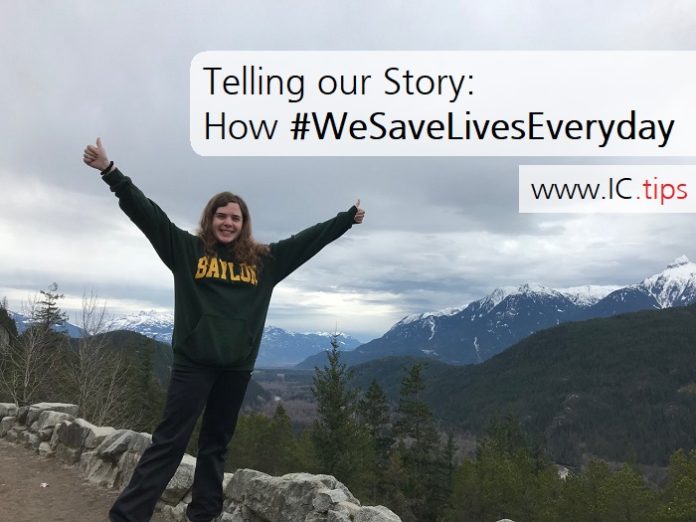
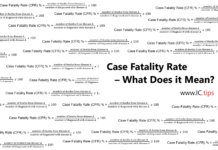
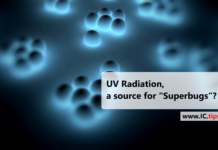

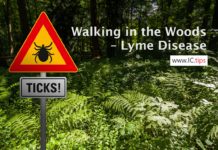




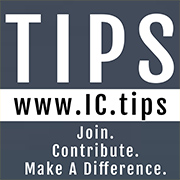
[…] Telling Or Stories: How #WeSaveLivesEveryday […]